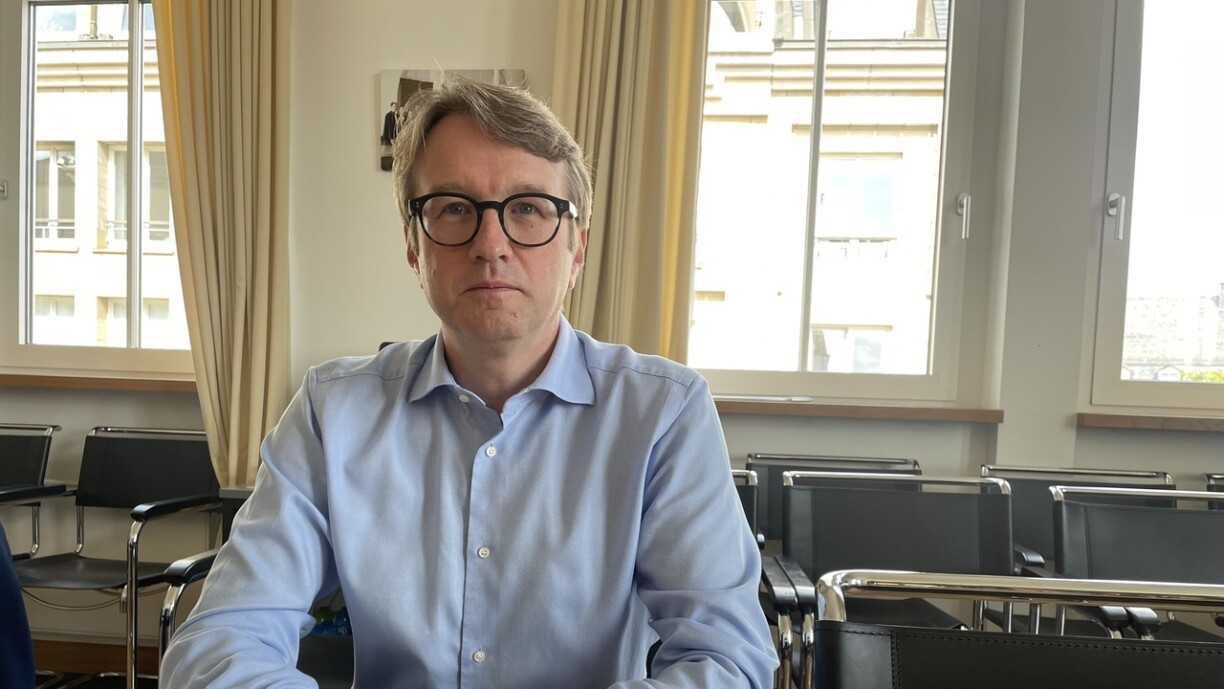
Investigating financial and economic crime is a challenging endeavour, which is why the public prosecutor’s office has a special task force to bring offenders to justice. The task force is being led by deputy state prosecutor Jean-François Boulot, who recently sat down for an RTL interview and elaborate on the daily challenges that he and his team encounter.
While Boulot agreed to speak to reporters, he stressed that he would only talk about general procedures, not the ongoing Caritas case, as this might compromise the investigation. He expressed that he fully understands the public’s interest in this particular case, but emphasised that, for now, all he could confirm is that “we are doing everything we can” to make progress in the investigation.
Boulot explained that the need for confidentiality is critical due to the high risk of evidence tampering. If the wrongdoers become aware of the investigation’s direction, it can eventually obstruct or even jeopardise the efforts to resolve the case. As a result, Boulot refrained from providing any updates on the whereabouts of the missing Caritas funds or the specific actions taken thus far.
“We are not naive”, Boulot went on to say, acknowledging how difficult it is to locate missing funds as there are professional fraudsters and money launderers whose “full-time job” it is to cover their tracks. These individuals make navigating the financial world particularly challenging, according to the deputy prosecutor, who further stated that such criminals frequently use stolen identities or create forgeries to complicate investigative efforts.
Nevertheless, Boulot showed himself confident in the capabilities of the justice system. The Financial Intelligence Unit (CRF), as well as other judicial bodies, are well-equipped to handle such cases, he noted: they have access to comprehensive bank data, the authority to freeze funds, and the power to order the seizure of assets. Moreover, the CRF has an extensive international information network that supports the prosecutor’s office and investigating judges, according to Boulot.
In the Caritas case, an investigating magistrate is actively leading the investigation, holding the power to authorise more “coercive” measures if necessary. These actions, which may affect fundamental rights, can be implemented independently or in response to requests from the prosecutor’s office, which in turn receives updates and new information from police investigators and/or the CRF.